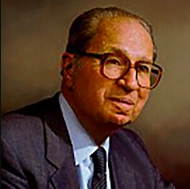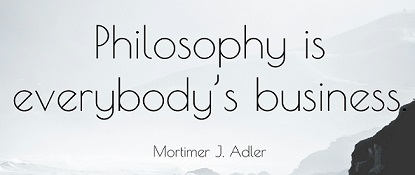|
home | what's new | other sites | contact | about |
||||||
|
Word Gems exploring self-realization, sacred personhood, and full humanity
Soulmate, Myself:
PART II
return to 'Omega' contents page
Elenchus. I thought we'd finished this topic, but then it occurred to me that there's an entire isomorphic mirror-image of "lover and beloved" that we should discuss. Kairissi. I think I know what you're going to say, but explain it to us. E. In the Bible, there’re metaphoric phrases portraying God interacting with his people, such as a husband to a wife. K. Another level of “lover and beloved.” E. And I thought of this romantic imagery recently while reading a report from the other side. The message-giver was saying things like: “We need to try hard to serve and to love God.” “We must dedicate ourselves, first thing in the morning, to put God first, to make God priority.” E. And similar will-power affirmations on the bathroom mirror. And now you might ask, is there anything wrong with this? K. There could be worse sins. E. Yeah, there could be worse sins, but the point is, does this remind you of anything? K. Well, if our relationship with God might be compared to that of a husband and wife, I don’t think I’d be so impressed if I were the wife. E. Say more on this. K. If the husband has to gin himself up to feel what he needs to feel for her, then what does this say about their love relationship? I know that you don’t need any “battery jump-start” to want to be with me. E. And if a couple is interacting in this sterile way, searching for will-power to animate the marriage, they’re going to feel unloved, and soon, pretty miserable. But there’s another problem here, even for couples who like each other and want to be together. I’ll give you a clue. It has to do with our earlier discussion of “lover and beloved.” K. Yes, I see what you mean. Even if they’re somewhat emotionally drawn to each other, “lover and beloved” implies a certain “distance” between them. They haven’t experienced the heights of oneness. E. And I thought of all this as I read the channeled report. And it hit me sort of hard. Almost all the religious teachers talk about “trying very hard” to serve and please God. As we said, there’s something not right with that, but there’s the more fundamental defect of “distance.” K. And notwithstanding our little joke of “there could be worse sins”, I think we’re touching on something that most people have never thought of, or have never seen as a problem. Because, it will be said, what’s wrong with “trying very hard”? Don’t we have to try hard to serve God? E. And explain to everyone what the real underlying issue is here. K. The short answer is, in true love there is no "trying very hard." It all flows naturally, and you can't shut it down. The problem is very subtle and will escape, I’m betting, more than 99%. If we’re “trying hard,” this means – guaranteed – that there’s “distance” between “subject and object.” E. And in the real love relationship – whether it be with two Twin mates, or one’s spiritual life with God – there’s not supposed to be “subject and object”. K. And if there is, guess what? – you’ll soon be “trying very hard” to drum up feelings for the beloved. What we need is the unitive status of "One Person". E. In “The Wedding Song” we learned that Twins enjoy a “union of spirits.” K. Which means there is no spiritual/existential “distance” between them; likewise, with the true relationship with God. There's no "trying hard." We are linked to God via the “inner soul energies.” With this, we are one with God. No “distance.” And it feels like it, as well. E. Kriss, let’s bring in that quotation from the “R” page, as it fits well here. James Rhoades (1841-1923) English poet and mystic; author of "The City Of The Five Gates" (1913), the preface of which offers: "by conscious union with the indwelling Principle of Life, man may attain completeness here and now.” K. Rhoades the mystic personally experienced what we’re talking about here. We don’t have to wait until the other side, and then another million years until we’re so-called “advanced” to experience oneness with God. It can, and should, happen in this world. E. But since almost no one has seen this up close, in their own spirits, they continually talk about “trying very hard.” Rather than "trying hard" to love God, we are to relax and perceive the inner connectedness that's been in place since the "soul nursury." K. The same is true for John and Mary “working on” their marriage. Instead of trying to make something work - in most cases, something that was never meant to work - pre-marrieds are to "go within" to discover if the true one is currently available or anywhere near. If not, one must wait, as per Jesus' instruction.
Editor's note: While all aspects of truth are related, the following articles are most germane to the subjects of the Dazzling Darkness, the Mystical Experience, and Existential Beauty: The Mystical Experience: 'silence your ego and your power will rise' plus some extra notes on the Dazzling Darkness in:
|
||||||
|
|



